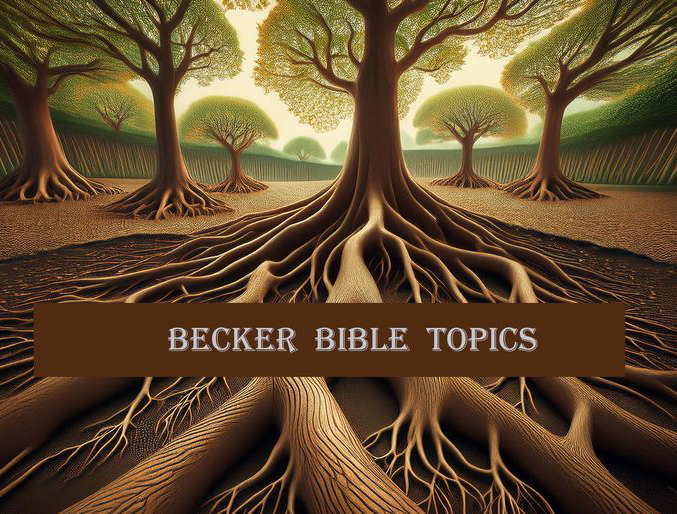A son of Joktan… Genesis 10:28



Kathy L McFarland Bible Studies, Writings, Scholarship, and Works
A son of Joktan… Genesis 10:28

Descriptive of:
Material prosperity … Deuteronomy 16:17
Emotional strength… Numbers 11:14
Military power… Numbers 13:31, 1 Kings 9:21
Physical strength… Exodus 18:18, 23
Mental power… Genesis 15:5
Moral power… 1 Corinthians 3:2
Spiritual power… James 3:2
Divine power… Romans 4:12
Of God’s power to:
Deliver… 1 Corinthians 10:13
Humble men… Daniel 4:37
Create life… Matthew 3:9
Destroy… Matthew 10:28
Preserve believers… John 10:28
Keep His promise… Romans 4:21
Make us stand… Romans 16:25
Supply grace… 2 Corinthians 9:8
Exceed our petitions… Ephesians 3:20
Service… 1 Peter 4:11
Comfort others… 2 Corinthians 1:4
Keep what we have entrusted… 2 Timothy 1:12
Save from death… Hebrews 5:7
Resurrect men… Hebrews 11:19
Keep from falling… Jude 24, 25
Of Christ’s power to:
Heal… Matthew 9:28
Subdue all things… Philippians 3:21
Help His own… Hebrews 2:18
Have compassion… Hebrews 4:15, 16
Save completely… Hebrews 7:25
Of the Christian’s power to:
Speak for the Lord… Luke 21:15
Admonish… Romans 15:14
Survive testings… 1 Corinthians 3:13
Withstand Satan… Ephesians 6:11, 13
Convince opposition… Titus 1:9
Bridle the whole body… James 3:2

A province or tetrarchy of Syria… Luke 3:I

King of Judah… 1 Kings 14:31
Son and successor of King Rehoboam… 1 Kings 15:1-7
Follows in his father’s sins… 1 Kings 15:3, 4
Wars against King Jeroboam… 1 Kings 15:6, 7

1. Wife of Hezron… 1 Chronicles 2:24
2. Son of Becher… 1 Chronicles 7:8
3. Samuel’s second son; follows corrupt ways… 1 Samuel 8:2
4. Descendant of Aaron; head of an office of priests… 1 Chronicles 24:3, 10
Zechariah belongs to… Luke 1:5
5. Son of Jeroboam I… 1 Kings 14:1-18

A Benjamite… 1 Chronicles 8:3

Second of Aaron’s four sons… Exodus 6:23
Ascends Mt. Sinai… Exodus 24:1, 9
Chosen as priest… Exodus 28:1
Offers, with Nadab, strange fire… Leviticus 10:1-7
Died in the presence of the Lord.. Numbers 3:4
Dies with heirs… 1 Chronicles 24:2




A member of the family of Abiezer… Judges 6:11; Judges 6:24, 34